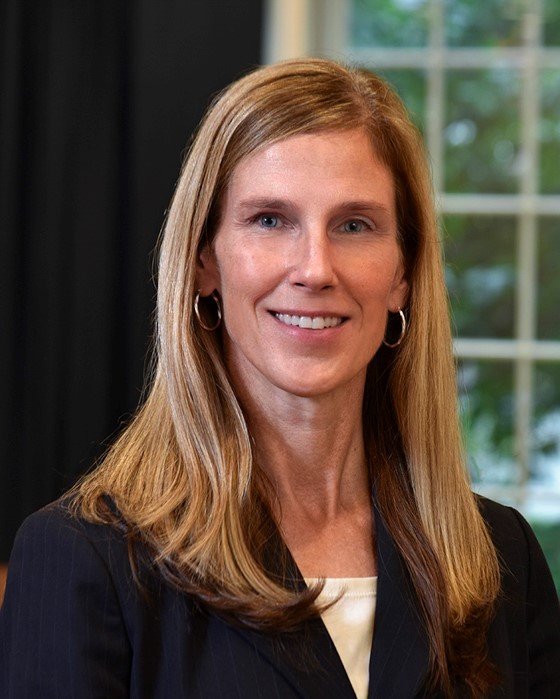Services

O One of Gallagher, Callahan & Gartrell's multidisciplinary strengths is our in-house capacity for economic research and analysis.
One of Gallagher, Callahan & Gartrell’s multidisciplinary strengths is our in-house capacity for economic research and analysis. We provide these services in the context of small and large projects, and can manage extensive, complex collaborative studies that have economic, facilitation, and public outreach components.
With an in-house economist and a full-time market and policy analyst on staff, we are able to frame public policies, regulations, planning projects and business plans in the context of political, regulatory and market conditions and analyze their potential economic impacts. Our economic research and analysis is used to inform decision making at the local, state, and regional levels by demonstrating critical relationships between the economy and existing or proposed policies, regulations, and business activities.
Both private and public entities, including small and large businesses, institutions, non-profits, state agencies, and municipalities, turn to us to perform economic research and impact studies that are used to inform decisions and/or to advocate for or against certain public policies, regulatory requirements, planning projects, or business decisions.
Our team has significant experience in working with a wide variety of stakeholders who have different levels of knowledge and expertise, and is skilled at gathering data from experts, listening to the concerns of constituents, and presenting findings to the New Hampshire Legislature, agency heads, and a broad range of interest groups.
The firm has analyzed economic impacts related to issues such as, but not limited to:
- Gasoline taxes and investment in transportation infrastructure
- Business taxes and budget deficits
- State and local property taxes and education funding
- Tax exempt bond programs for housing
- Investments in pollution control technologies at power plants
- Construction of infrastructure in utility industries
- Wastewater management alternatives in multi-community regions
- Consumer spending on recreational fresh water activities
- The Land and Community Heritage Investment Program
- Higher education
- Environmental risks


